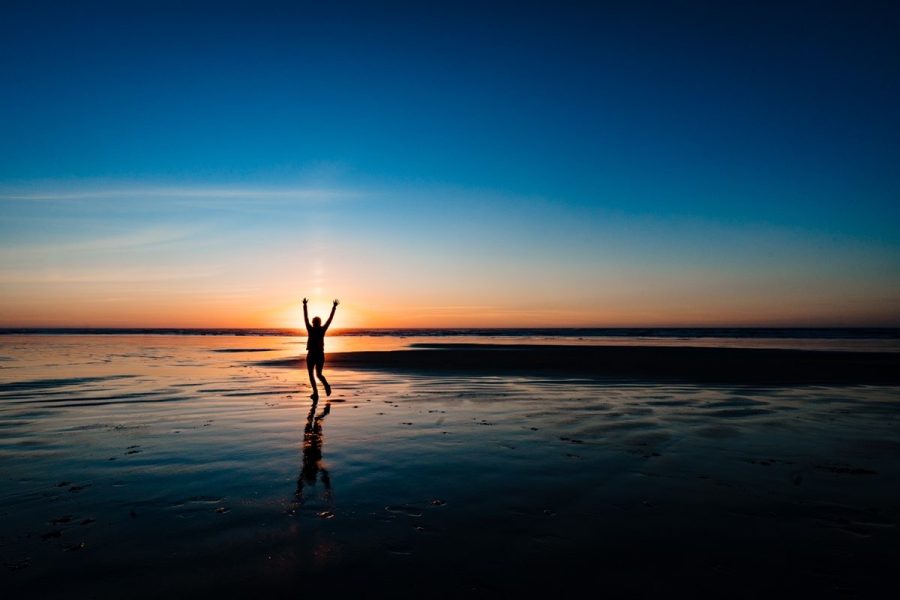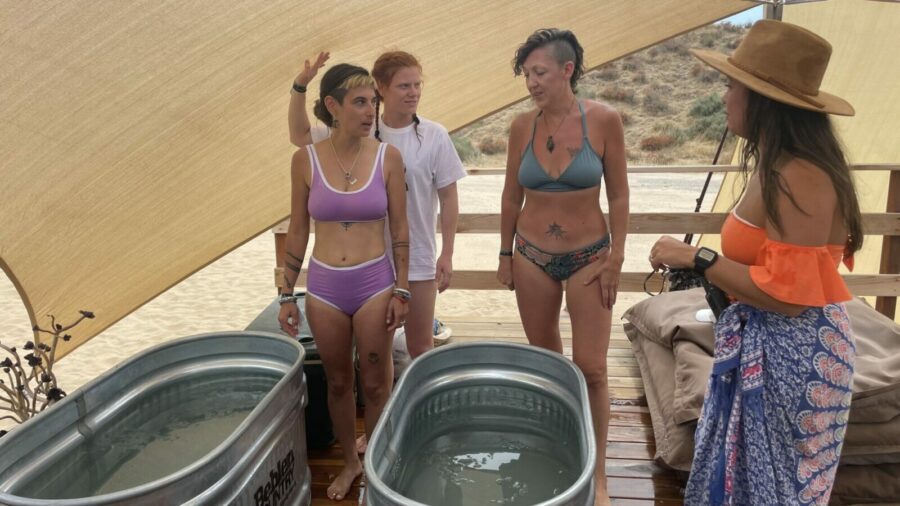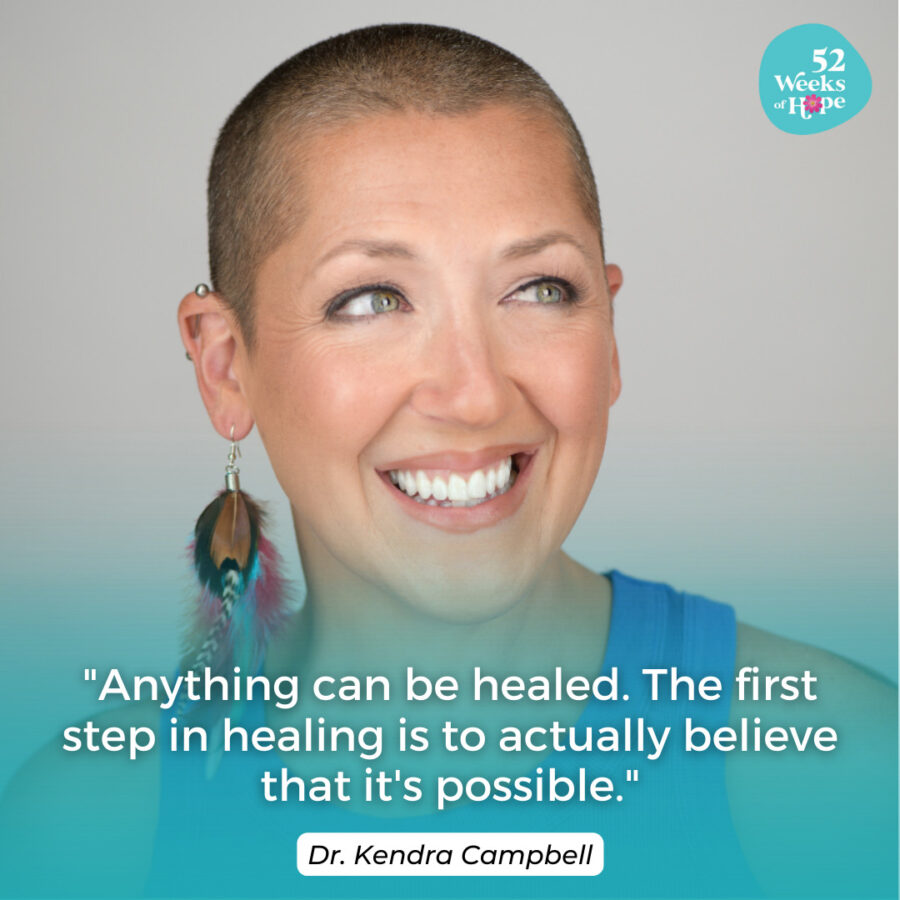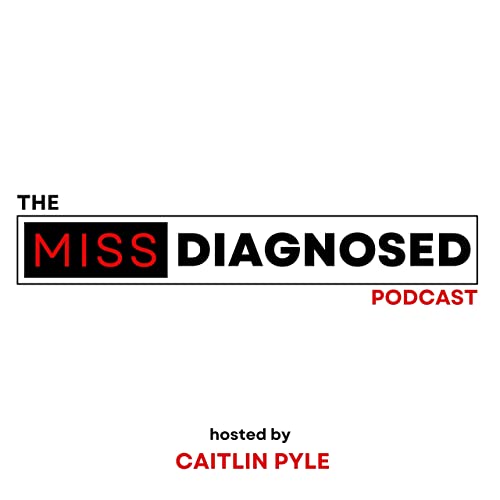I’m a minimalist. I’m also a psychiatrist. As it turns out, these two traits happen to fit together like hand in glove. I did not set out to become a minimalist because of my profession, but I have learned through both personal experience and research studies that a minimalist lifestyle comes with a myriad of mental health benefits.
I set out to become a minimalist mainly out of curiosity, which I believe to be the necessary ingredient for anything meaningful or worth one’s while, whether it’s one’s own healing journey or the start of a new craft project. It all started with me reading Marie Kondo’s book, The Life-Changing Magic of Tidying Up, in one sitting, staying up late into the night finishing the book, and decluttering my entire wardrobe of any item that did not “spark joy”. I felt liberated! This practice has continued to this day, where I “declutter” my life, including, but not at all limited to, my physical surroundings, of all that does not either serve a practical purpose or bring consistent joy. This lifestyle change has also taught me discernment so that I now very carefully only bring into my life items, friendships, relationships, and career choices that I know to be meaningful or practical. I would never have imagined that this one night where I maniacally swept through my closet like a wild woman possessed would completely transform my life. I now live with a completely different outlook. In other words, minimalism has changed literally every aspect of my life—physical, emotional, mental, social, career, and spiritual. And in this post, I’m going to attempt to explain why.
Minimalism rests on knowing that materialism is not the ticket to contentment or happiness. In fact, studies have found that the more physical goods we accumulate, the more stressed and anxious we become. Studies show that not only is clutter associated with increased life dissatisfaction, but increased clutter is even associated with a physiological response in the body—elevated levels of the stress hormone, cortisol. Sure enough, I did experience a reduction in stress with each belonging of mine I was able to let go.
What I didn’t realize is that in the process of regularly flexing my “let go” muscle, I would learn the spiritual lesson of non-attachment, as well, and become more flexible in how I perceived the world and my life. I noticed that as I simplified my belongings, my mind became less cluttered as well, allowing me to easily take inventory of my life’s priorities. Many believe that our physical environment is a reflection of our inner world, after all. I feel braver now and more willing to try new things, I believe, because there is now mental room for them. I am now at a place where I try to focus on two to three activities or goals in my life, and any belongings I own that are not in alignment with this purpose gotta go! It’s incredibly productive, simple, efficient, and brings me so much joy and ease. To provide an example of how this might be, take a minute to think about some clutter of yours you’ve had unused for maybe years. In all likelihood, this clutter is also reflected in your psyche, and most likely as guilt—guilt for not using the items or for the project you are saving the items to complete that remains unfinished. Maybe it’s time to have a serious conversation with yourself about the likelihood of using the items or completing that project within the next year or another set time period of your choosing. If the likelihood of doing so is small, maybe it’s time to let go of the items and all the guilt that comes with them…
Now even more on the emotional benefits of minimalism: I only recently got to decluttering a box of all my sentimental items. I’d been putting it off for quite some time… Anyone who blogs/vlogs/writes about minimalism seems to agree that this is maybe the most difficult part. I would argue that it is also the most rewarding and life-altering if you can gently power through the process. I recently spent a couple of weekends painstakingly going through and letting go of items that belonged to or reminded me of my previous love. I listened to the music on his computer before performing a factory reset in preparation for recycling it. I looked through old photos, read old notes, and let all the emotions ride through me as I ugly-cried my heart out. There were moments where I questioned if this was the right thing to do—getting rid of all his stuff—given how much pain I was feeling. Now that I’m on the flip side of that rollercoaster ride, I can say emphatically that it was, and it cleared so much space in my life and heart for new opportunities and love. It helped me let go of that pain as I let go of the physical items. And despite no longer having many of the physical items, what is important is that I still get to keep all the memories close to my heart. By spending the time and emotional energy in appreciation and gratitude for what we shared, I was able to finally complete the last stage of the grieving process that I might have never completed had I hung on to all that physical stuff. I believe many people go their whole lives hanging on to the unprocessed emotions that our sentimental belongings frequently carry. If you have the support in your life and the resilience to carry it through, I highly recommend letting go and doing it often.
Letting go is a deep surrender. When we practice surrender, I feel we are saying “yes” to the universe: “I’m ready for whatever is next.” It is a declaration of growth and resilience and a willingness to embrace change. It is the opposite of clinging and feels like taking a brave and confident step towards love in every sense of the word. In the end, change is an inherent part of life, whether or not we choose to accept it. We might as well step into the river of life and joyfully ride with the flow, curious as to where the currents might carry us.






So eloquently stated! Thank you so much for this lovely reminder of the beauty and liberation in surrender.
I so very much appreciate your kind words, Elena. I’m glad this struck a chord with you. :)
Absolutely marvelous, Dr. C! Inspired by your example
Thanks so much for reading my post and for the kind words. I’m so glad you’ve found it inspiring!